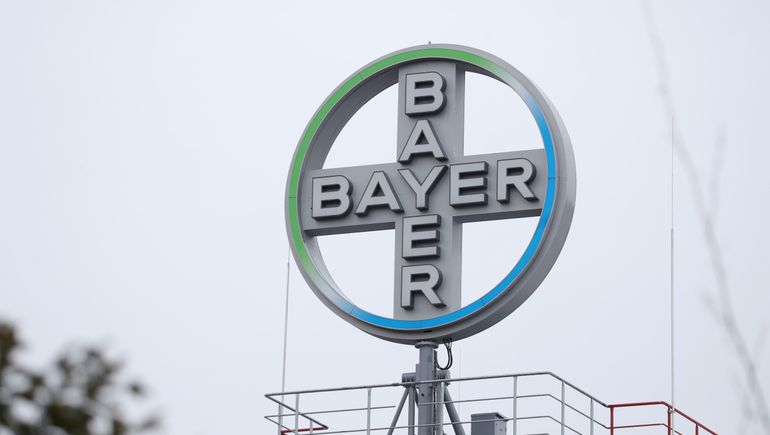Dive Brief:
- Bayer will face a claim for damages from women in the U.K. who received its Essure birth control device, after the High Court approved a group litigation order.
- The order clears lawyers to bring a group claim against Bayer on behalf of around 200 women who say they suffered medical problems as a result of using the device.
- Bayer, which has maintained the now-withdrawn device had a positive risk-benefit profile, has vowed to defend itself “vigorously” against claims that could cost it more than 10 million pounds ($12 million) in damages, the Times reported.
Dive Insight:
Bayer sold Essure in the U.K. between 2009 and 2017. Over those years, women received the implant for non-surgical permanent birth control. Implanting the device was less burdensome than laparoscopic sterilization surgery for patients and hospitals, and the recovery time was shorter. However, women in the U.K. and overseas began to report symptoms such as chronic pain and abnormal bleeding.
While Bayer stopped selling Essure years ago, an action it has called a business decision, it has continued to contend with the legal and regulatory fallout. The latest development sees the High Court approve an order allowing women in the U.K. to collectively sue Bayer over harms allegedly linked to Essure.
“Following insertion, I suffered headaches, abdominal pain, heavy bleeding, rashes, extreme itching and mood changes to name a few,” Deborah Chalk, a recipient of Essure, said in a statement provided by Pogust Goodhead, the lead solicitor for the case. “I really feel strongly that Bayer needs to be held accountable. Their device has left hundreds of women worldwide with years of pain and suffering.”
MedTech Dive has contacted Bayer for comment. Bayer told the BBC: “The company stands by the safety profile and efficacy of Essure and will continue to defend itself from these claims vigorously. While all birth-control products and procedures have risks, the totality of scientific evidence on Essure demonstrates that the benefit-risk profile is positive.”
Bayer agreed to pay $1.6 billion to settle around 90% of the nearly 39,000 U.S. Essure claims in 2020.

